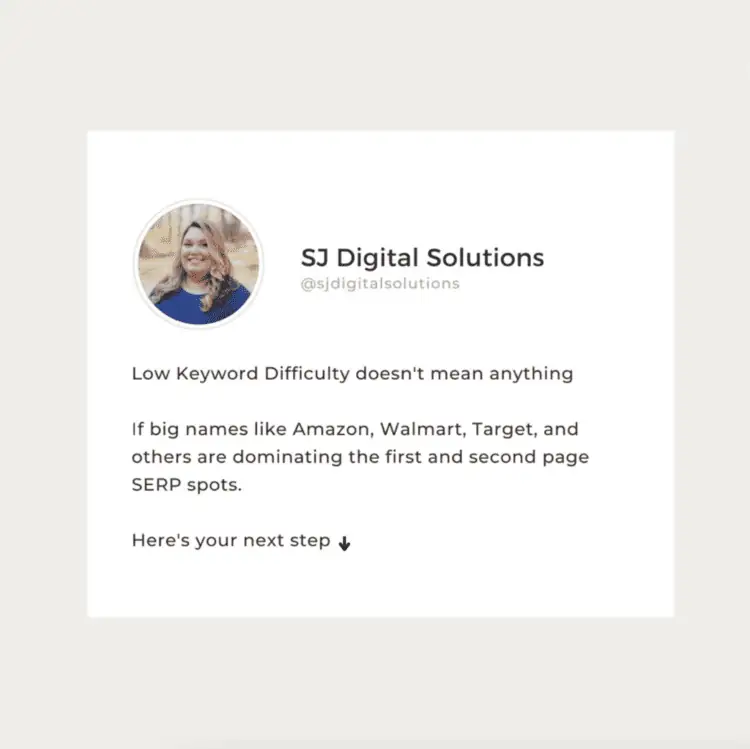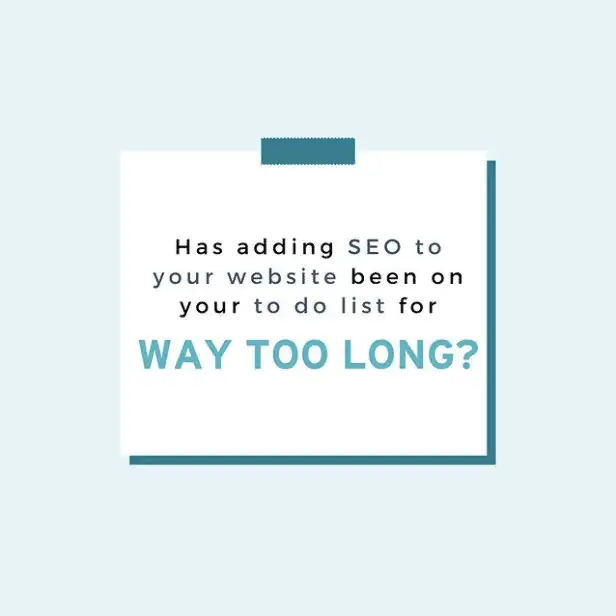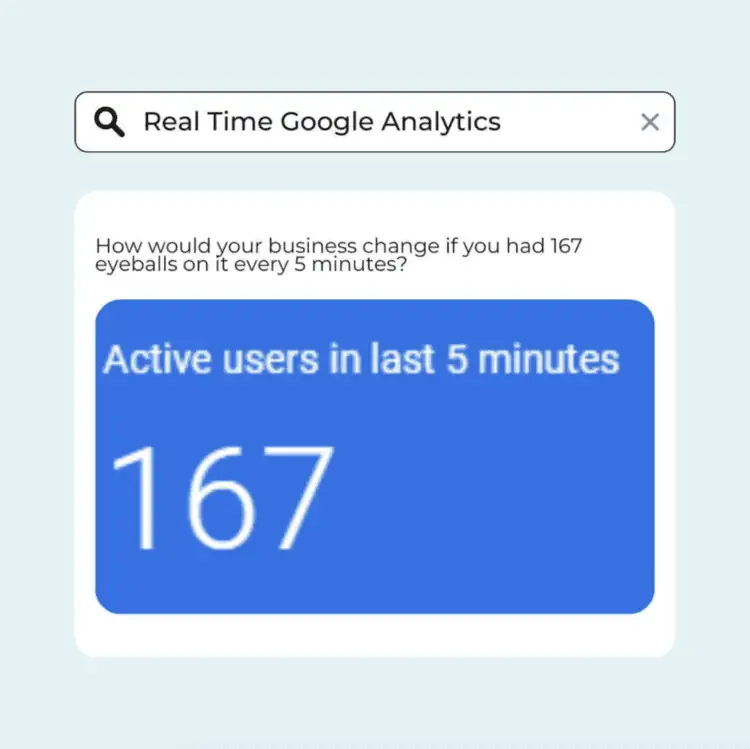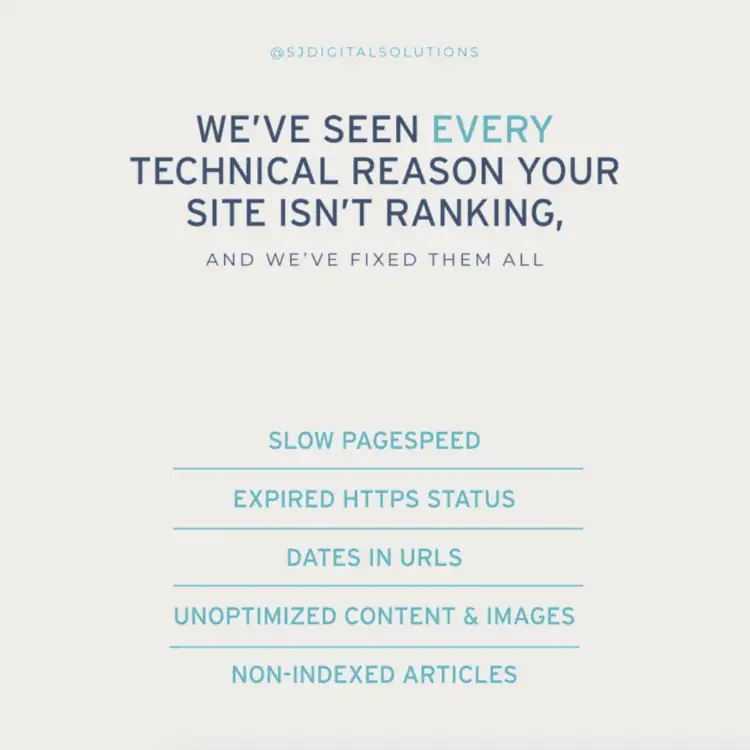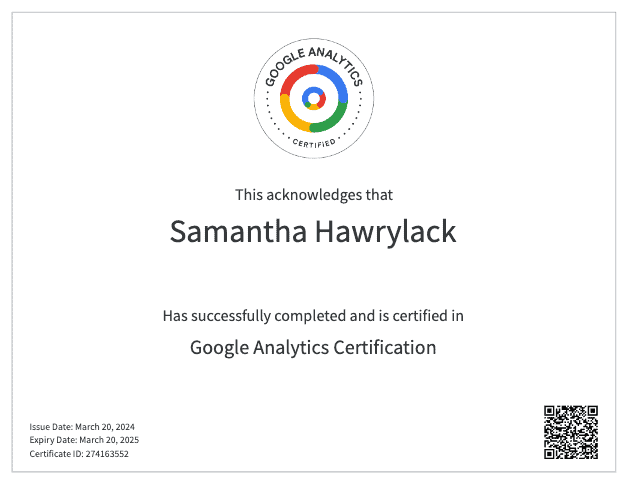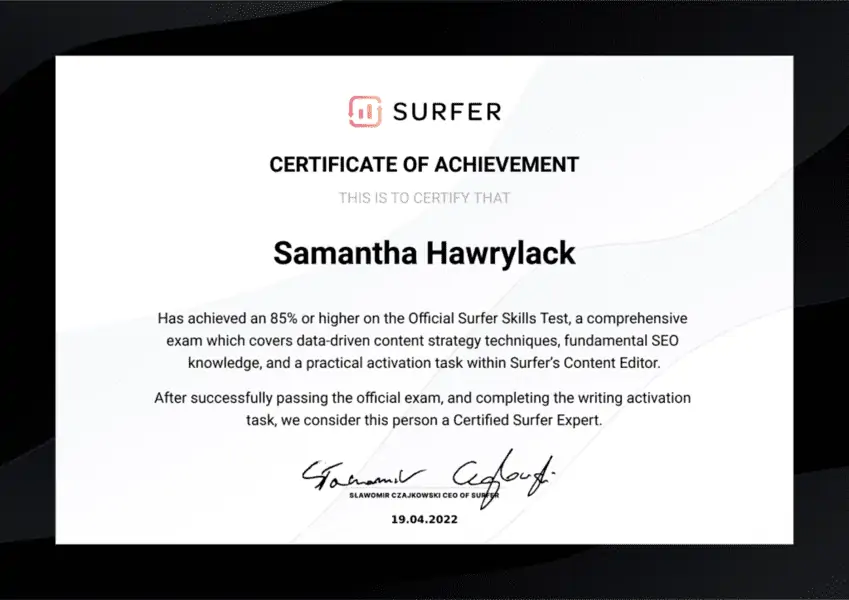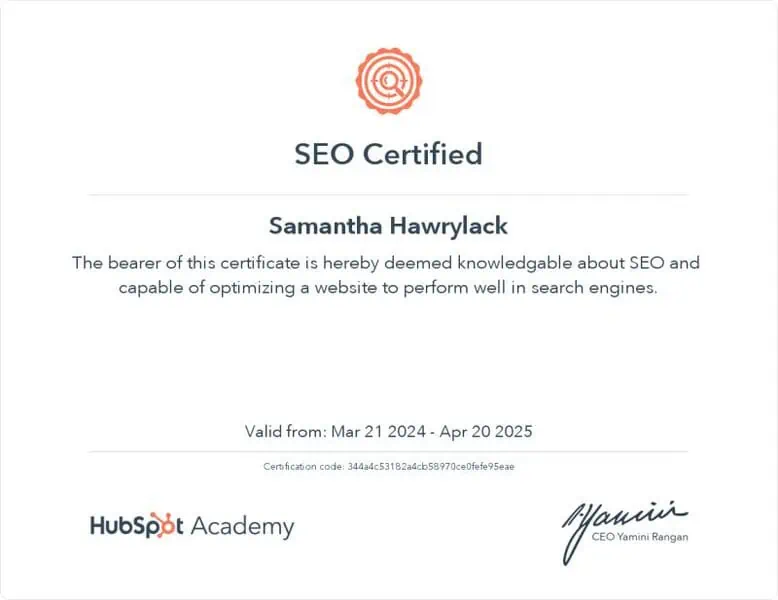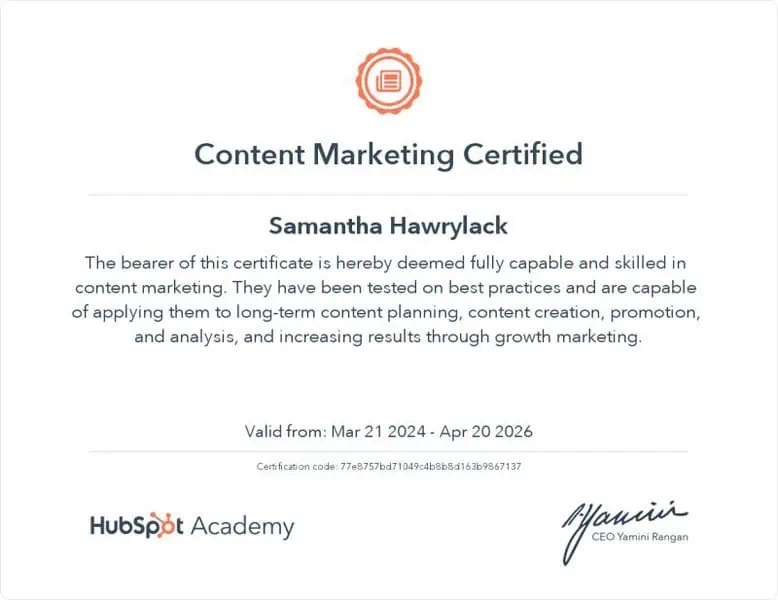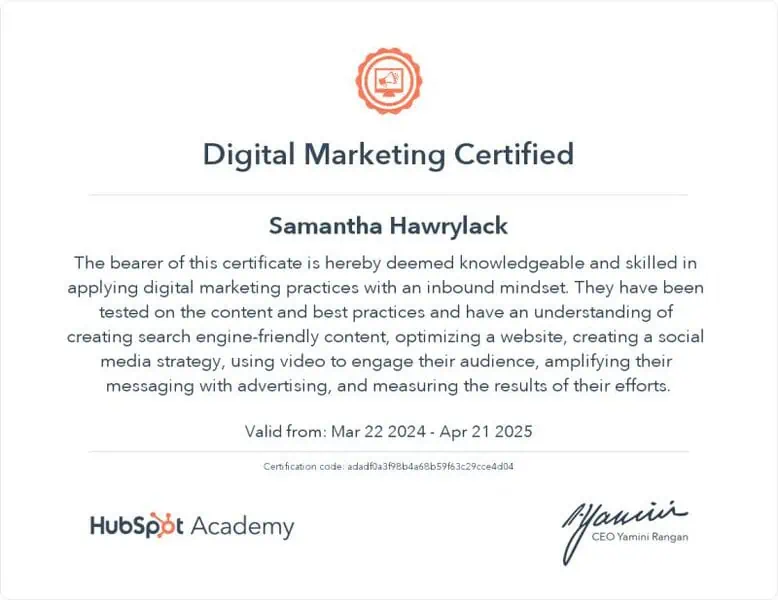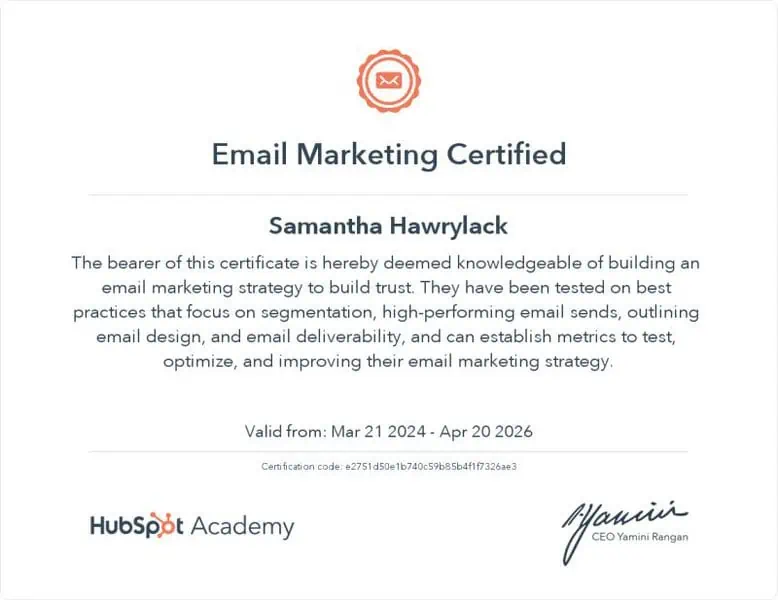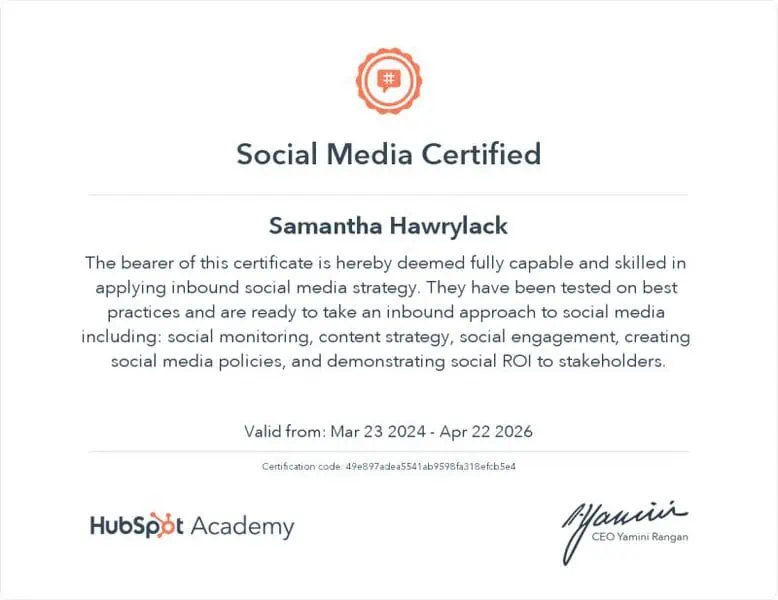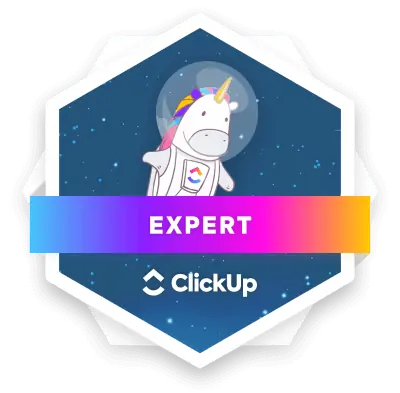A financial coach marketing plan is the best way to build a larger clientele and grow your business. While word of mouth works for some, it’s not the only way you should market your financial coaching business.
Today’s clients are online, whether reading emails, surfing social media, or conducting searches in major search engines. If you aren’t marketing to your audience online, you leave your prospective clients to your competitors.
The key is to create a digital marketing plan for financial professionals that caters to your audience and showcases you as a leader in the industry in financial planning and coaching.
Why a Financial Coach Marketing Plan Is Important
Digital marketing is the key to reaching your target audience in any industry, including financial coaching. With the onslaught of advanced technology, potential clients have many opportunities to find financial professionals besides those in their immediate area.
A proper marketing strategy is critical to reaching your target audience, letting them know what you offer, and that you’re a leader in the financial industry.
The right marketing strategy includes various marketing tactics meant to reach prospective clients where they are, no matter the platform.
For example, ranking high on Google is crucial, but you shouldn’t stop there. It’s excellent when ideal clients can find you on Google’s first page, but they usually need more. So while ranking on Google’s first page will help increase your website visitors, converting them to clients takes more marketing strategies.
Marketing Strategies for Financial Coaches
Financial coaches have many marketing strategies at their disposal today. Maximizing your coaching marketing strategies to include as many of these methods as possible may increase your chances of reaching your target market.
You may include some or all of these marketing activities to increase interest in your financial firm and brand recognition.
Local SEO
Search engine optimization is one of the first digital marketing strategies for any existing or new business. SEO makes your financial firm visible to your target market. When done right, you should rank on the first page of Google because you’ve used the proper techniques to help your firm rank higher than competitors in the financial industry.
But local SEO takes it to another level. It aims your keywords at your local target audience. So, for example, if you’re a financial coach in San Francisco, your marketing strategies would include keywords with the words San Francisco in them.
This method takes your marketing efforts up a notch. It lets you hyperfocus your content marketing on the people most likely to need it. So, for example, if potential clients search ‘financial coach in San Francisco,’ you’d want to be one of the top results.
Content Marketing
Consistent content is the key to keeping your target audience engaged. Once you have their attention by getting them to notice you in the search engines, you must show you are the leader in the industry.
Use the opportunity to set yourself apart and give yourself a competitive edge.
Content marketing allows you to market without being aggressive. The right content marketing strategy provides valuable content for your audience. In addition, it offers the chance to prove yourself as a leader in the industry by providing industry insights, helpful tutorials, and information potential clients can use to consider you a viable choice as their financial coach.
Content marketing can include blog posts, newsletters, emails, social media, and videos. Providing various marketing materials helps increase your reach to your target audience.
Email Marketing
Email marketing helps keep your audience engaged. It doesn’t require them to visit your website or social media accounts. Instead, you push out emails in strategic intervals allowing you to provide updates, promotions, or breaking industry news.
The key to email marketing is to have a call-to-action to sign up for the newsletter. This allows your target client to accept emails from you that may include sales tactics for your products and services.
Email marketing isn’t just about sales, though. It’s another way to show your audience you are an authoritative figure in the finance industry. When your audience learns they can trust you, choosing to use you for their financial advising needs becomes natural.

Social Media Marketing
Your business strategy as a financial coach should include social media campaigns. It may not seem practical or necessary, but it’s vital to building brand recognition and earning your target audience’s trust.
The key is finding your niche market and determining the social media platforms they use. Next, you should create a social media strategy focusing on this market. There are many platforms to consider, including LinkedIn, Instagram, Facebook, and TikTok.
Typically, audiences on Facebook aren’t on the more modern platforms, like TikTok, and vice versa. It pays to know where your audience spends time so your marketing for financial coaches has the most significant return on your investment.
You can interact with your audience much easier on social platforms, responding to comments, posting relevant content, and answering DMs.
Giving your audience the feeling that you’re a ‘real person’ and care about their needs is key to any marketing plan for financial coaches. Because they’re trusting you with their most prized possession – money, they must be able to trust you first, and a social media presence is a great way to earn it.
Relationship Marketing
Relationship marketing is a critical factor in any financial coach’s marketing strategy. Developing relationships with key players in the field can help you build brand recognition.
Think about the professionals in your area or online that you should get to know and who you want to trust, such as real estate agents, attorneys, CPAs, and even small business owners.
The more professionals that share your name, the easier clients can learn to trust you. Never stop networking to keep your audience engaged.
PPC Marketing
PPC or pay-per-click marketing isn’t an organic marketing strategy but can provide a good ROI. PPC marketing is a modern method of cold calling. Interested people will click on the advertisement and follow your call to action. Likewise, your niche market may respond positively if you ask for an email address in exchange for an e-book, newsletter, or other value-added content.
PPC marketing doesn’t have to be intrusive or feel offensive. When planned right, it targets the right audience, so the people that see the ad are grateful for what’s put in front of them.

Creating a Financial Coach Marketing Plan
Creating the best digital marketing strategy starts with a plan. Your goal should be to stand out as a leader in the industry, and here are the steps to do it.
Create Your Marketing Goal
You can’t create marketing strategies without goals. So start with one, and work your way up as you see progress.
Your goals should be both short and long-term. Focus on what you want to see of your business today, a year from now, and even five years down the road, and determine how your marketing efforts fit into the picture.
Make sure each goal is SMART or:
- Specific
- Measurable
- Achievable
- Relevant
- Time-bound
When you set SMART goals, you can see your progress and alter any marketing efforts if they aren’t providing the desired results.
Common examples of marketing goals include:
- Increase brand awareness
- Generate interest and leads
- Narrowing your market
- Provide personalized digital experiences for your audience
- Upsell current clients
- Find new clients
Identify the Target Audience (Niche)
You may have already started discovering your target audience when creating your marketing goals, but getting as specific as possible is the key to creating a successful marketing plan.
To identify your audience, list your ideal client’s financial goals and objectives, as this will help narrow your audience. For example:
- Do you work with young or established families?
- Are your target clients single, or do they have families?
- What types of financial advice does your target market need or want?
As you create your audience, you can segment them into groups. This will help when you build content and services tailored to your clients. For example, if you have two demographics – one close to retirement and one with younger generations, your marketing strategies will differ for each group.
Your content marketing should then focus on these goals so it’s of interest to your audience. Whether you’re sending your audience emails, creating posts for financial blogs, advertisements, or social media posts, they should focus on the messages your target market wants.
Today’s clients don’t listen only to financial coaching advice. Instead, they use digital technology to learn as much as they can to be informed consumers. So if you provide that knowledge and guidance, you’ll be a natural decision for them.
Describe What Makes You Unique
When consumers search ‘financial coaches near me,’ they come up with hundreds of options. Unfortunately, they may all look the same, so you need to brand yourself and stand apart from the competition.
Think about the values you provide your paying clients and use that in your marketing efforts. For example, include client testimonials to further your point and show potential clients what you offer.
Consider including your credentials and experience in your marketing, but ensure that your marketing efforts are consistent throughout all platforms. No matter where a client finds you, they should immediately recognize your brand.
While you should look at competitors and see what they do, don’t copy them. Instead, think, ‘What can I do differently to make me stand out?’ That’s what will get the attention. Unfortunately, many financial coaches copy one another, making each website look identical and not giving their audience any differentiating factors.
You want to be different. Be the one that stands out and shows your audience why you are the financial coach they need and not anyone else.
Determine Your Budget and Timeline
Any business decision must consider what you can afford. Every dollar you spend on marketing should have a decent return on your investment. In other words, don’t jump head-first into PPC because it sounds like it will make the most money.
Instead, create a marketing plan that fits your budget and allows enough time for you to see results. You won’t see overnight returns, and anyone that promises that isn’t telling the truth. Marketing strategies for financial coaches take time to show progress.
The best overall marketing strategy includes short and long-term strategies that allow for some ‘quick wins’ and other longer-term efforts to help you today and in the future.
Wisely Choose Content Platforms
Today financial coaches have many options for a digital marketing plan. However, don’t assume one is automatically better than the other. Instead, determine where your target market spends their time and focus your time, money, and effort there.
Some common platforms to consider include the following:
- Social Media Marketing Platforms – Social media is an option for most financial coaches. It provides a way to continue connecting with existing clients while targeting prospective ones. The key is to determine which demographic you’re targeting so you choose the most popular social media platforms to use.
- Email Marketing Platforms – Email marketing is a great way to entice cold leads and build relationships with existing clients. When people opt-in to your email list, they want to hear from you. This works for most demographics as long as you provide valuable and informative content, not just to push sales.
- Send Engaging Newsletters – Newsletters help keep your audience informed about the latest industry news, changes, hot tips, or new products. It’s a way to provide a broad range of information in one email and to show yourself as an influential leader.
- Master the Art of Blogging – Blogging is a crucial content marketing strategy. It’s a key factor in search engine optimization. It allows you to continually rank high in the search engines by targeting new keywords and focusing your posts on the needs of your target audience. All blog marketing ideas should be published consistently, whether monthly, weekly, twice a week, or some other timeframe.
Execution and Tracking
The final step is to execute your plan! The best-laid plans are those that you put into motion. This is how you’ll determine if your plan works. You’ll grow your client base if the search engines agree and rank your content on the first page.
The key is to have analytics to review, so you can tell how your efforts pay off. You won’t know if you’re gaining traction if you don’t have a baseline and then new results to compare.
You can also set goals, such as obtaining five new clients a month or reconnecting with ten current clients, and see how you do.
The key is to constantly check your progress, see how you’re efforts pay off, and make any necessary changes.

Additional Marketing Ideas for Financial Coaches
Digital financial coach marketing is paramount to growing your business, but here are some additional marketing ideas to grow your business even further.
- Build Relationships with Leads and the Community – The key to any marketing strategy for financial advisors or coaches is to build relationships with your leads and the community. Find unique ways to get involved in your community so your brand becomes a household name. You want your name known even in the mouths of people outside your particular niche. The more people who know and talk about you, the more business you’ll get.
- Become a Local Sponsor for an Event – By sponsoring Little League players, schools, or other public events, you get your name out there while helping the community. When you support something, you aren’t pushing sales. Instead, you show you’re invested in the community and care about them. Again, these marketing events naturally get your name out there and in the eyes of your target clients.
- Write a Book – If you want to create the image that you’re a leader, write a book, and you’ll jump leaps and bounds ahead of your competition. There’s something authoritative about having your name on a book.
- Your audience will look to you as the expert because of the large amount of information you share with them. They’ll think of you when they need financial coaching services.
- Become a Podcast Guest – Podcasts are becoming more popular today, and hosts always look for guests. Find a podcast that speaks to your audience and be the ‘expert guest’ sharing bits of knowledge that makes your audience think of you when they need financial coaching services. In the podcast, you can provide educational content as well as humor or fun to shake things up and show the ‘human side’ of yourself.
- Do Pro Bono Work – Any work you can do to show the community you care will help you get more clients. Pro Bono work doesn’t pay you, but it will change the financial lives of the people you help, and when word gets out that you helped the community, it will work in your favor.
Keys to Successful Financial Coach Digital Marketing Plan
Market volatility, competition, and the sheer stress of providing a unique value proposition to your audience can seem overwhelming, but here are some simple ways to ensure your financial coach marketing ideas work.
- Invest in a Quality CRM Application for your Leads – The back-end work required for any marketing efforts can feel overwhelming and take a lot of time. However, using a quality CRM application can streamline the process, allowing you to automate many processes, making the most of your time.
- Establish Effective Processes and Organization – Don’t try to reinvent the wheel. Find effective methods, get support from a marketing professional, and organize your time. This ensures you don’t burn the candle at both ends without seeing results.
- It may require some trial and error to see what marketing efforts work and which don’t. Some may be too time-consuming or not sit well with your audience; others might blow the numbers out of the water.
- Build Your Sales Funnel – It’s essential to have a strategy to move your prospective clients through the sales funnel. They’ll start as cold leads, but once they show interest, they are warm leads, and then your job is to turn those leads into clients. It’s a process of relationship building, educating, and selling.
- Use Google Advertisements – Google ads may help you get more leads, but it costs money. Make sure you’ve created a workable marketing budget that includes paid advertising. While most of the strategies discussed here are organic (free), this method requires you to pay for more visibility, but it may help you earn more clients.
- Make it Easy for People to Book a Call with You – Prospective clients don’t want to hunt for a way to book a call with you. If it’s not readily apparent how they get in touch with you, ask questions, or book an appointment, they’ll move on to your competition.
- Make Your Website User-Friendly and Compliant – Be sure your website is as simple and user-friendly as possible. Also, your website must comply with the new SEC marketing rule because of your industry. If you’re unsure what this is, working with a marketing consultant is best.
FAQs
How Do I Track the Performance of My Financial Coach Marketing Campaigns?
There are many ways to track the performance of your financial coaching marketing campaigns. At SJ Digital Solutions, we use a variety of analytics to determine how your campaigns perform and share the information with you so you understand the next steps.
How Much Should I Budget for My Financial Coach Marketing Plan?
Every financial coach has a different marketing budget. Since there are many organic ways to get leads, you shouldn’t have to break the bank for your marketing plan. However, you want to budget enough that you’re able to see the results you desire.
How Long Do Financial Coaches Need to Market Themselves Before Seeing Results?
No one sees results from marketing overnight. We also can’t say exactly how long it will take. For some, results are apparent within a few months; for others, it takes six months or longer to see a difference.
How Often Should Financial Coaches Send Emails?
How often you should send emails depends on your audience. Typically once or twice a month is good, but if you target the younger generations, you may get by with more frequent communication to engage your audience.
Do Financial Coaches Need to Be on All Social Media Platforms?
Financial coaches should have a social media presence where their target audience spends time. For example, if you target older generations, Facebook will likely give you the best return on your investment, but if you target younger generations, you may want to look into Instagram and TikTok as a part of your social media marketing strategy.
Get Professional Help With Your Financial Coach Marketing Plan
If you’re scratching your head wondering how you’ll start or implement a financial coach marketing plan, it’s time to get professional help. The experts at SJ Digital Solutions provide extensive experience and knowledge in financial services and marketing to help you create a robust marketing plan.
If you’re ready to work with an agency that will help you see a real difference in your client base with new marketing strategies, contact us today!

